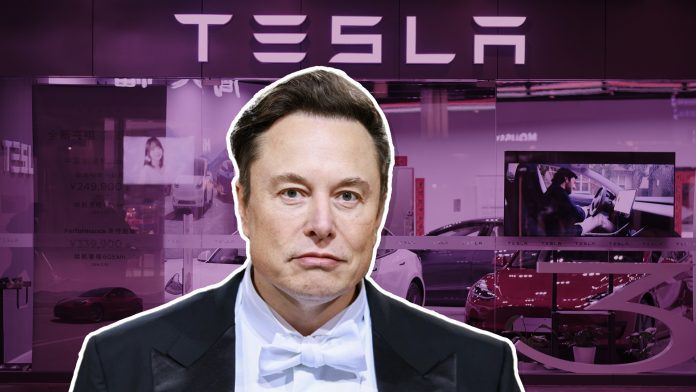On April 21, shareholders penned an open letter to Tesla’s board of directors, criticizing CEO Elon Musk and urging company leaders to focus their attention on solving several issues “jeopardizing [the company’s] long-term value.”
The letter arrives at a time of declining share values and increasing controversy, much of which is centered on Musk’s leadership. Last week, the automaker held its first quarterly earnings call of the year, revealing dwindling profits and income-generating solutions which struggled to win over concerned investors, who have grown increasingly anxious over the company’s price-cutting strategy. During the call, the CEO noted further discounts were likely since the company was now prioritizing demand over profit margins. Musk posited that self-driving subscriptions would recoup any losses from lower automotive revenue and promised that the brand would have software capable of autonomous driving later this year. These assurances failed to prevent share prices from trading nearly 10% down the day after the call. Since the start of the month, Tesla stock has fallen 22% in total.
The letter’s authors, a group of investors who claim to own over $1.5 billion in Tesla stocks, focused both on the automaker’s increasingly tense relationship with the law and Musk’s erratic behavior. “Tesla appears to be embracing a broader culture of being ‘above the law,'” they said, referencing the multitude of ongoing criminal investigations and lawsuits the brand has accumulated. “Instead of working to address problems with regulators,” they add, “CEO Musk has made derogatory tweets and comments, fueling tensions.” One of the shareholders told CNBC, “We want to see the board take their job seriously — we don’t see them doing a good job at being Elon Musk’s boss.”
Since the April 19 earnings call, Tesla has made two moves, which could be in response to concerns over declining profits. First, the automaker reversed course and raised prices on the Model S and Model X by $2,500. The company also tried to entice current vehicle owners to give up their lifetime of unlimited free supercharging, a deal initially offered with purchases of both products, by adding an “ownership loyalty benefit.” Qualifying drivers can now earn six years of free charging on the company’s network by purchasing newer versions of the two cars before the end of the second quarter. Given the letter, declining shares and other headwinds, it is possible that further cost-cutting measures will arrive before the next quarterly report in an effort to prevent an even greater decline in profit.




